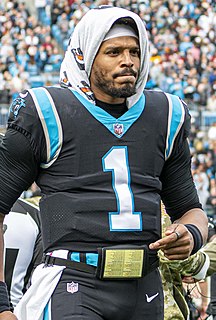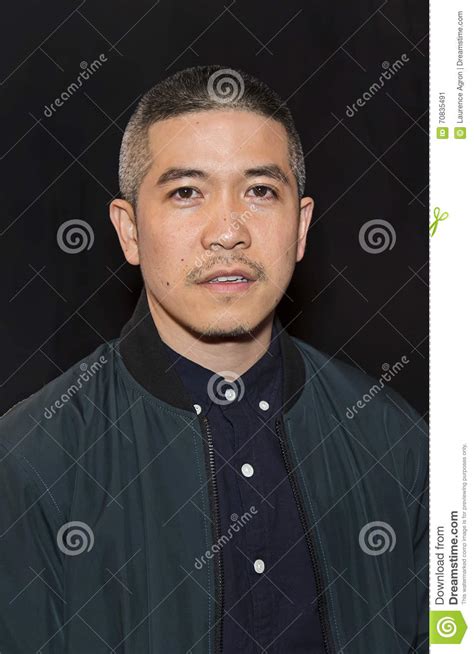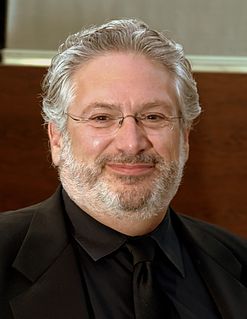A Quote by David Bowie
I don't think I did anything that my contemporaries didn't; it was just that I was the only one who talked about it. In the Sixties anyone who had a sense of style seemed to be gay. I wanted to indentify with that.
Related Quotes
My own feeling about JJ, without knowing anything about him, was that he might have been a gay person, because he had long hair and spoke American. A lot of Americans are gay people, aren’t they? I know they didn’t invent gayness, because they say that was the Greeks. But they helped bring it back into fashion. Being gay was a bit like the Olympics: it disappeared in ancient times, and then they brought it back in the twentieth century. Anyway, I didn’t know anything about gays, so I just presumed they were all unhappy and wanted to kill themselves.
You're talking about the 1970s now and not the 1950s. We were all more sophisticated by that time, and I just assumed he was gay. But I do remember when we were all sitting around on a roof one night and Larry turned to me and said, "You do know I'm gay, don't you?" There was a statement made. A declaration. We just never had really talked about it.
He lay far across the room from her, on a winter island separated by an empty sea. She talked to him for what seemed a long while and she talked about this and she talked about that and it was only words, like the words he had heard once in a nursery at a friend's house, a two-year-old child building word patters, like jargon, making pretty sounds in the air.
My contract with mercury PolyGram Nashville was about to expire. And I never had really been happy. The company, the record company, just didn't put any promotion behind me. I think one album, maybe the last one I did, they pressed 500 copies. And I was just disgusted with it. And about that time that I got to feeling that way, Lou Robin, my manager, came to me and talked to me about a man called Rick Rubin that he had been talking to that wanted me to sign with his record company.
Heterosexual women ask questions that are a lot to do with what I did to my body and what that was like to lose all that weight and so on. To me it just reveals that that's a preoccupation of theirs. Or gay women have been really keen on knowing how I felt about playing a gay character and have often wanted to talk about their own experiences with children. Straight men have often shown some sense of relief, that they get to experience the philanderer as a woman and not have to judge her in the same way. That's fascinating to me.




































